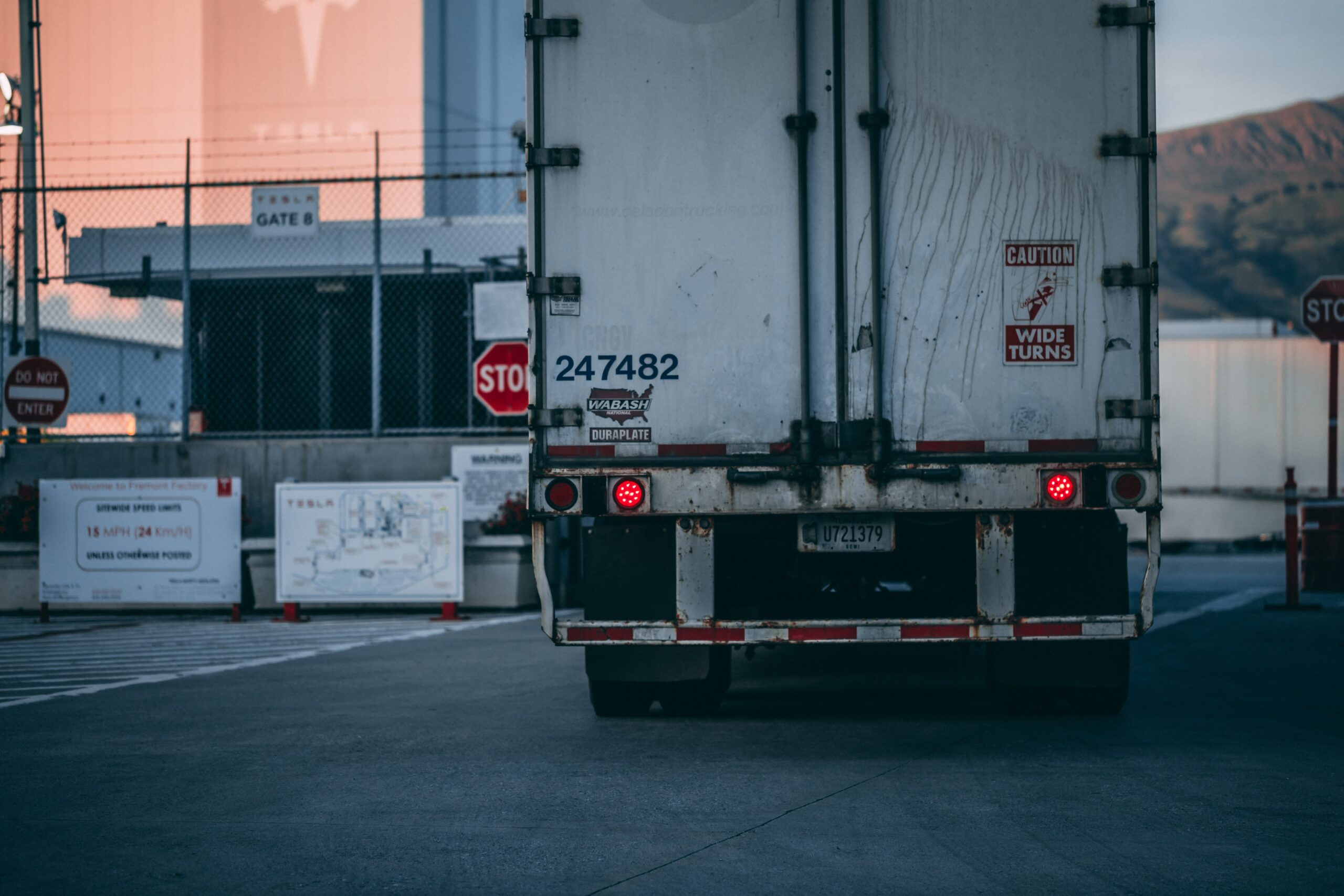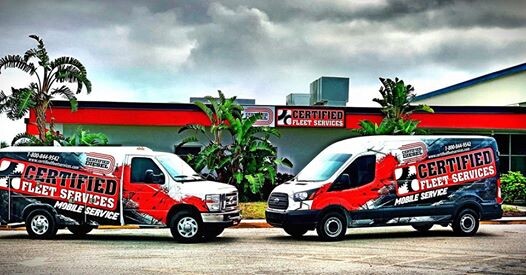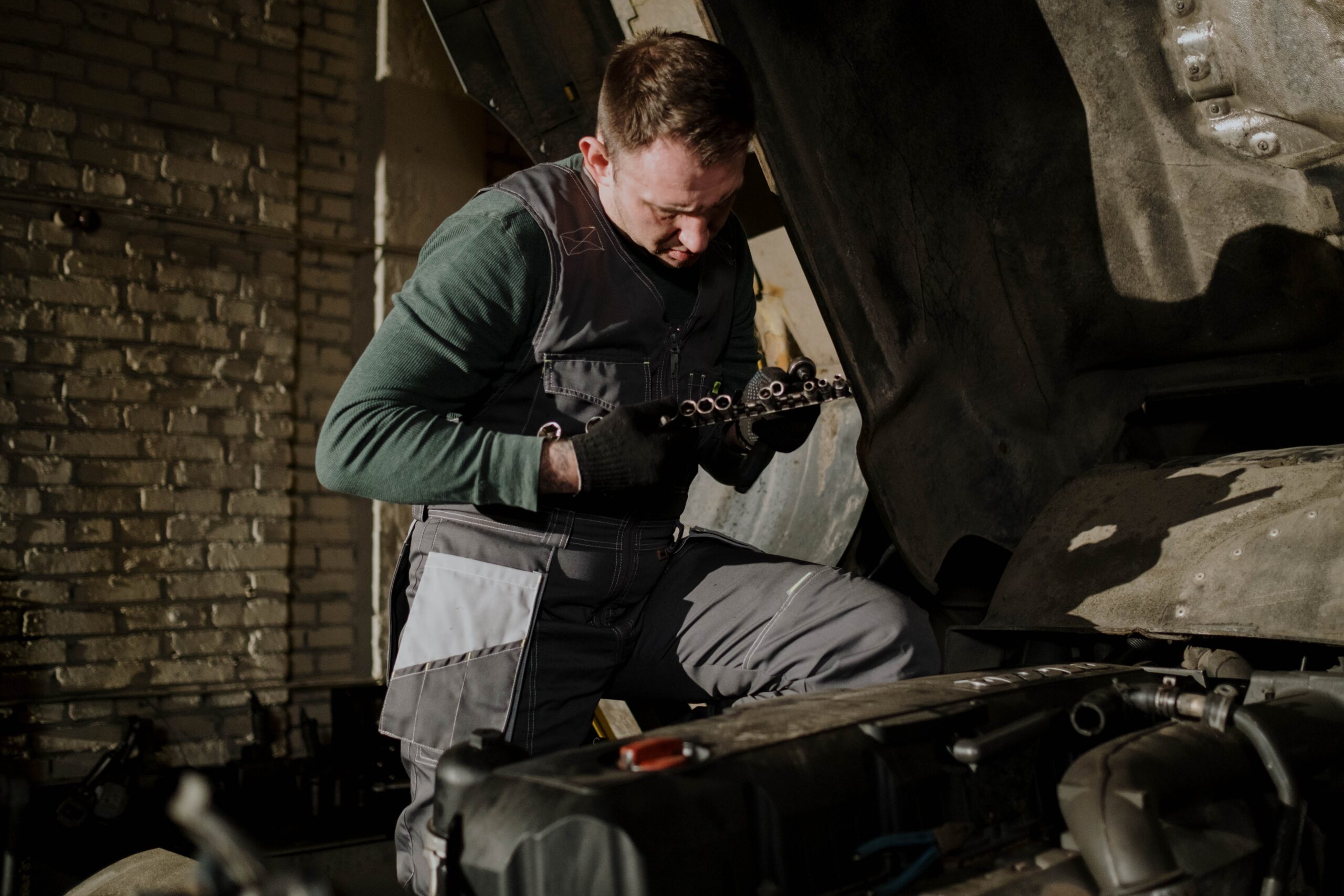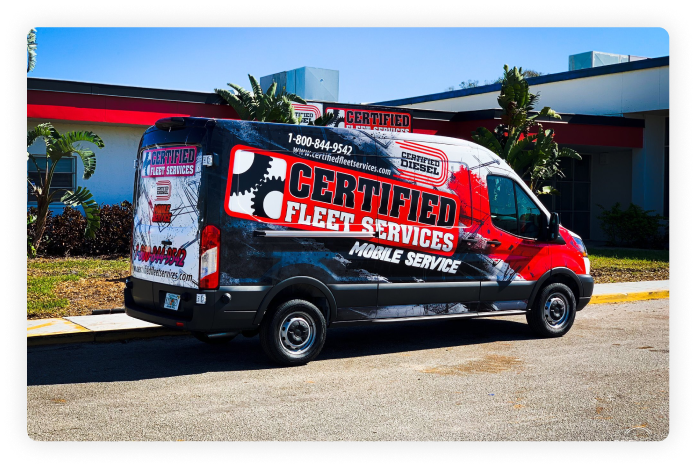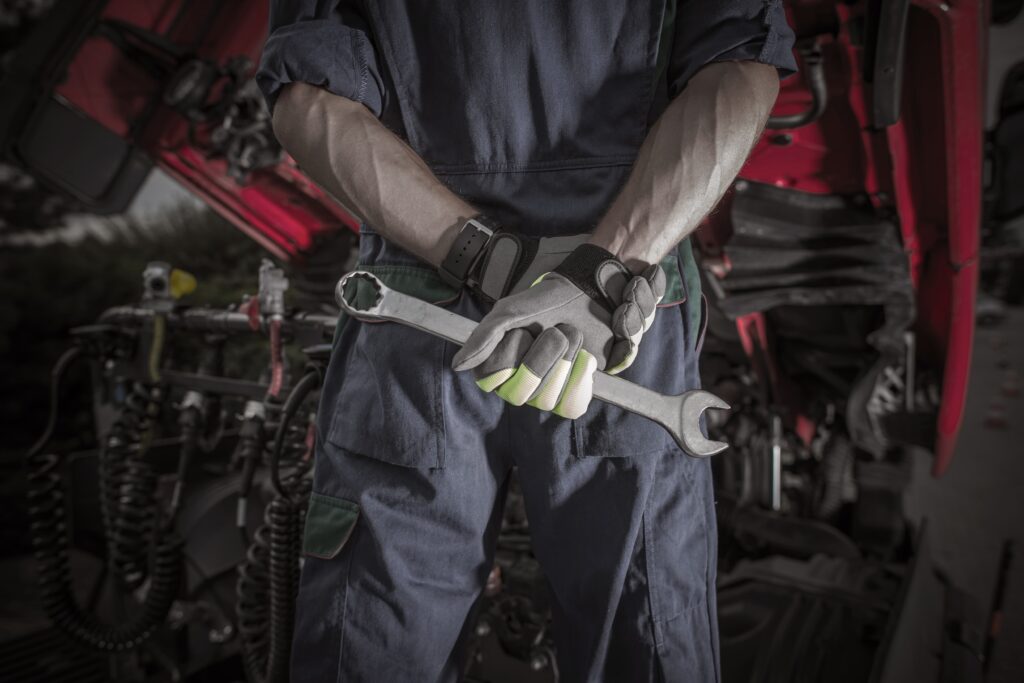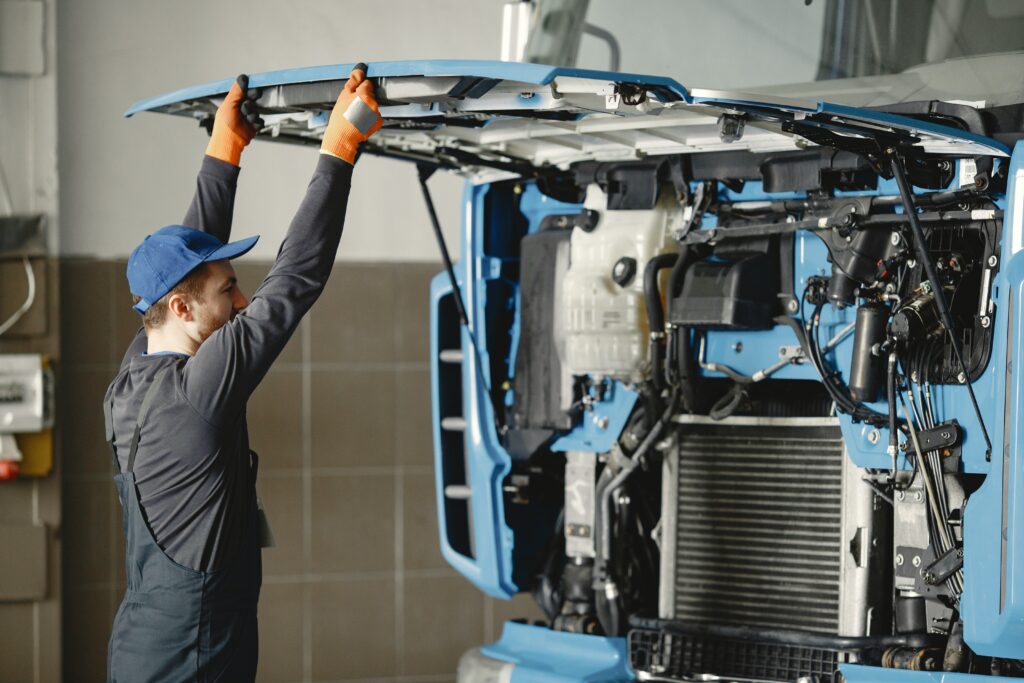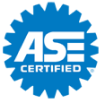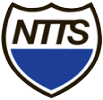DOT and FMCSA background check requirements are confusing. We get it.
Is it a urine test? Or maybe it was a drug screening and physical? And what did the DOT say about 30 days: was it after or before my new hire starts working for me?
If you’re anything like us, we had these questions (and more) when we were navigating the Federal Motor Carrier Safety Administration’s (FMCSA) background check requirements.
And with requirements changing more and more often, it pays to understand what’s required of a DOT background check.
If you want to better understand the FMCSA background check requirements, don’t worry. We’ve got your back.
For more than 25 years, Certified Fleet Services has been Florida’s go-to provider for comprehensive DOT inspections. We help fleet teams, operators, managers, and drivers like you navigate the ins and outs of all things DOT, so you can get back on the road faster.
If you’re looking for answers about FMCSA background check requirements, you’ve come to the right place. Let’s explore the world of FMCSA background check requirements with our guide to DOT FMCSA background check requirements.
Who completes a DOT FMCSA background check?
Before diving into FMCSA background check requirements, it’s important to know who’s responsible for what. The Department of Transportation (DOT) regulates trucking and transport companies that hire commercial vehicle drivers.
Businesses must conduct DOT background checks as part of their hiring process. If your company satisfies any of the below requirements, you’ll need to conduct an official DOT FMCSA background check:
- Your vehicle weighs more than 10,000 pounds (5 tons)
- You often transport 9-15 passengers or more
- You transport hazardous waste materials
- Your drivers need a Class A, B, or C commercial driver’s license (CDL)
We’ll dive more into the specifics in the next section. Let’s take a look at what the specific FMCSA background check requirements include.
Who is the Department of Transportation’s FMCSA?
It’s important to note who exactly the DOT’s FMCSA is. The Federal Motor Carrier Safety Administration (FMCSA) creates and enforces safety regulations to reduce accidents on the road between trucks and buses.
FMCSA regulations help fleet teams care for the safety of their drivers and vehicles. The FMCSA requires fleet drivers and teams to administer and undergo a background check.
This background check ensures that drivers behind the wheel are responsible, safe, and have the skills to operate a fleet vehicle.
The FMCSA background check requirements explained
“So, what’s included in an FMCSA standard pre-employment background check?” you might ask. Great question!
The background check includes:
- an applicant’s driving history,
- DOT employment verification,
- FMCSA drug and alcohol screen,
- DOT drug test,
- DOT physical administered by a licensed physician
These items must be completed within 30 days of the new hire’s start date at a company. Finally, a commercial driver can’t operate behind the wheel of a vehicle until their motor vehicle records (MVR) are also verified.
Motor vehicle records (MVR) are taken
Along with a background screening, fleet teams must check a driver’s MVR from each state where the driver has/had a license or permit. The last three years of a driver’s motor vehicle records are checked.
The motor vehicle records note the commercial driver’s license (CDL) number provided and any driving history in the state in which the CDL license was given. Other information noted includes violations, the name, and the date of each.
The DOT then requires drivers and fleets to meet three requirements as part of the DOT background check. Let’s dive a little deeper into each in the sections below.
Requirement #1: Previous employment history inspections
The FMCSA requires fleet carriers to carry a record of motor vehicle records. Fleet teams must also investigate the last three years of a driver’s work history.
All employment records and MVRs must be no more than three years old. The MVRs must come from the state in which an applicant has held a commercial driver’s license or permit.
For a driver to continue to work for a fleet team, the driver must have a motor vehicle record on file. An applicant isn’t able to work for a new employer unless the new employer has the MVRs on file.
Also, MVRs must be submitted within 30 days of an employee’s start date. If a driver doesn’t have an MVR — or if none were collected — fleet employers must note this fact.
Requirement #2: previous drug history must be reported
Another important requirement of the DOT’s FMCSA background check includes drug and alcohol testing. Employers must investigate the past three years of CDL drivers’ drug and alcohol use.
If a driver is found to have a drug or alcohol violation on their record, if they tested positive on a drug test, refused to test, or even completed a substance abuse rehabilitation program in the last three years, a fleet team must report this information. Reporting this information ensures fleet teams are profitable and in compliance with DOT authorities.
Requirement #3: A pre-employment drug test must be completed
As part of the background check process, drivers must pass a pre-employment drug test. Drugs tested include:
- Marijuana
- Cocaine
- Opiates
- Amphetamines
- Methamphetamines
- Phencyclidine (PCP)
If a driver doesn’t complete a pre-employment DOT drug test, drivers run the risk of not being hired. Better fleet management starts with holding drivers and teams accountable.
Keeping comprehensive records of drivers’ drug and alcohol history helps decrease liability for both the fleet driver, passenger vehicles on the road, and the fleet business.
Did you know?
Research data suggests that background checks, drug screening, social media screening, and personality, physical ability, and medical exam testing are key factors related to safer, better-performing fleets.
Conducting a comprehensive annual DOT inspection on your vehicles and fleet team can save your fleet team headaches and hassles when it comes to creating a more profitable fleet operation.
Need help navigating the FMCSA background check requirements?
FMCSA background checks and DOT regulations require employers to check CDL drivers and applicants for the following:
- Motor vehicle records
- Previous employment history
- Drug testing history
- A pre-employment drug test
Fleet businesses: keeping tabs on medical, personality, and drug testing can improve your chances of building a more profitable fleet. If you need help navigating the FMCSA’s background check requirements, DOT-certified diesel repair shops can help.
Certified Fleet Services’ team of master ASE-certified repair technicians would be happy to answer your questions. For more than 25 years, we’ve been supporting fleet operators, managers, and drivers with all their DOT needs. We get their diesel fleet vehicles up to snuff with all things DOT-related.
To get help with DOT background checks — so you can get back on the road faster — don’t hesitate to contact us anytime. We’d be happy to help!
Frequently Asked Questions (FAQ) about DOT’s background checks
What are the main DOT background check requirements?
All commercial drivers looking to work for a fleet carrier must complete an employment background check and a pre-employment drug test. Fleet employers must also look at an applicant’s drug testing history and any motor vehicle records (MVRs) available within the last three years of an applicant’s driving history.
Who must conduct an FMCSA-approved background check?
Businesses regulated by the DOT must conduct background checks as part of hiring a new commercial driver.
You might be wondering: which businesses are FMCSA-regulated? FMCSA-regulated businesses have any (or all) of the following:
- Vehicles weighing 10,000 pounds or more
- Fleet teams (or vehicles) that transport 9-15 passengers
- Fleets transporting hazardous materials
- Fleets requiring a class A, B, or C commercial drivers license (CDL)
Fleet teams with the above-mentioned characteristics must conduct an FMCSA-approved background check.
How can trucking companies prepare for a DOT background check?
First things first, trucking companies can become familiar with and study up on all things DOT and DOT inspection-related. Doing so will ensure a trucking company is prepared to schedule annual tests and preventive maintenance needed to keep drivers safe and fleets in working condition.
Next, it’s worth reaching out to a local diesel repair shop to learn how to better operate and manage a fleet. By receiving extra mentorship and support from a trusted diesel repair mechanic, you’ll be well on your way to a more efficient and profitable fleet.




